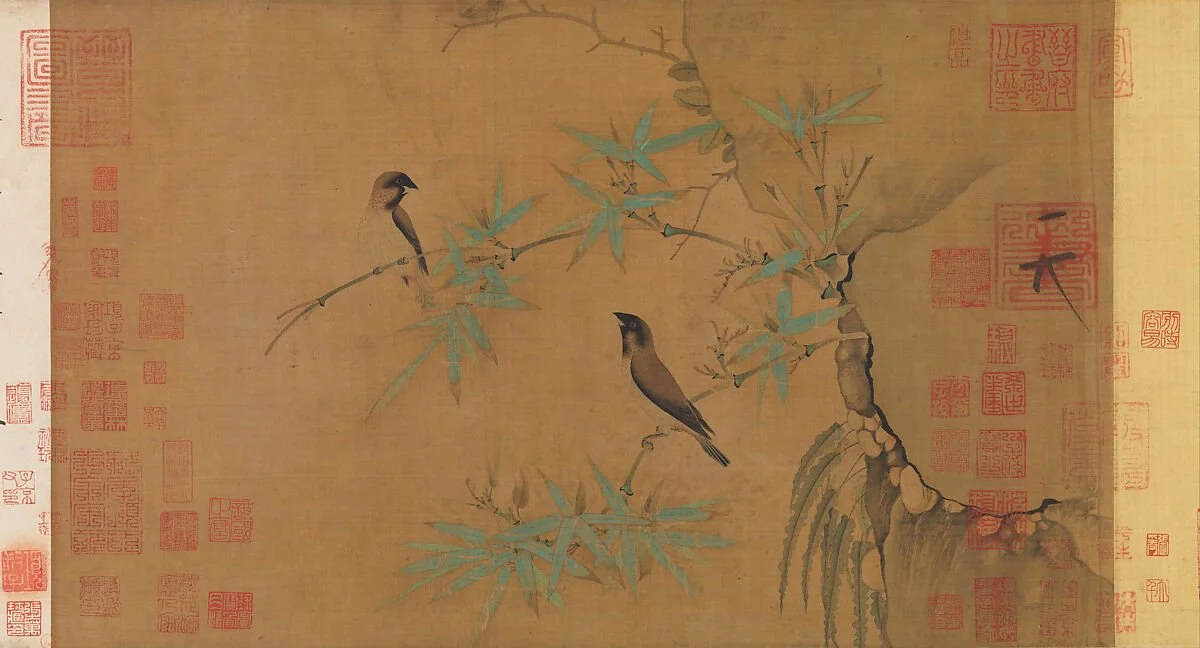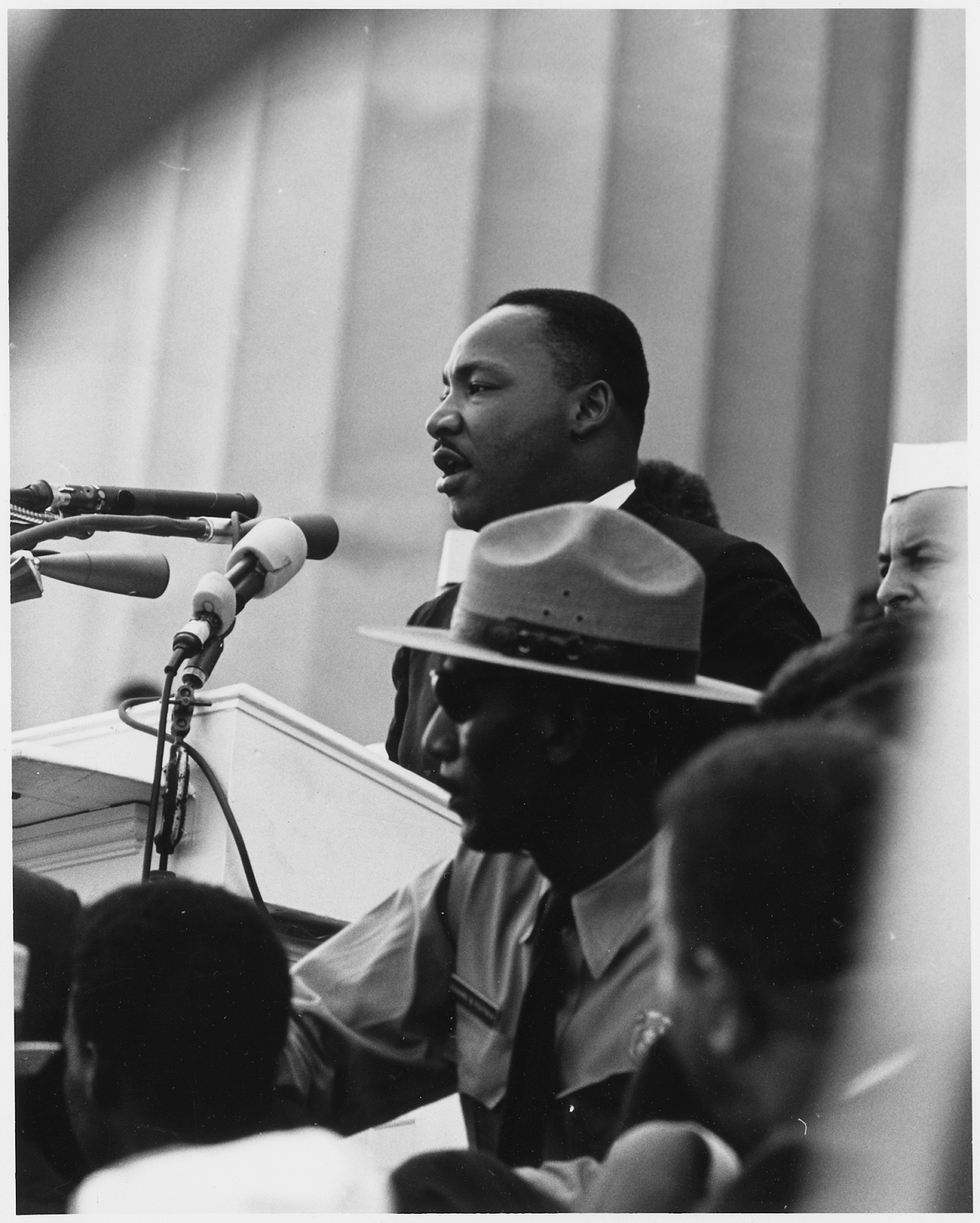
The Einstein Revolution
Albert Einstein has become the icon of modern science. Following his scientific, cultural, philosophical, and political trajectory, this course aims to track the changing role of physics in the 20th and 21st centuries. This history course addresses Einstein's engagement with relativity, quantum mechanics, Nazism, nuclear weapons, philosophy, the arts, and technology, and raises basic questions about what it means to understand physics in its broader history.
Participants in the course will follow seventeen lessons, each of which will present a mix of science (no prerequisites!) and the broader, relevant cultural surround. Some weeks will examine the physics concepts, while others will see excerpts of films or discuss modernist poetry that took off from relativity. Or we might be looking at the philosophical roots and philosophical consequences of Einstein’s works. At other times we will be fully engaged with historical and political questions: the building, dropping, and proliferation of nuclear weapons, for example.
Typically, in a lesson (about an hour of streamed material), there will be opportunities for individual mini-essay writing, some multiple choice questions to bolster your understanding of the science, and a group activity which might one week be a debate and another a collective commentary on elements of an artwork from 1920s Weimar Germany.
What you'll learn
Through the life and work of Albert Einstein, the changing role of physics in the 20th and 21st centuries.
Einstein's engagement with relativity, quantum mechanics, Nazism, nuclear weapons, philosophy, the arts, and technology
How to engage with questions about what it means to understand physics in its broader history.
Your distinguished instructor for this course is Peter Galison, Pellegrino University Professor in History of Science and Physics at Harvard University. Among his many publications, prizes, and works, Prof. Galison is co-founder of the Black Hole Initiative, an interdisciplinary center for the study of these most extreme objects. His current research is on the history and philosophy of black holes and, in another direction, on the changing relation of technology to the self. Revolving enrollment. Please enroll here.


































